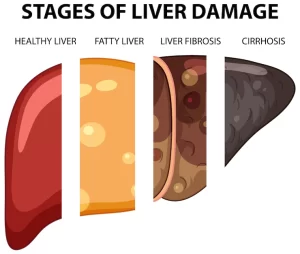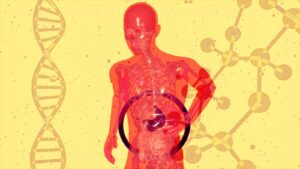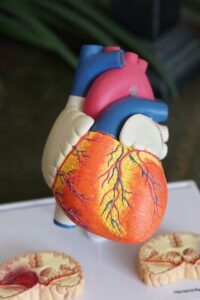![]()
The Symptoms of Omicron and Hepatic Symptoms: This article is a compilation of different symptoms that you might experience if you have omicron or hepatic symptoms. It’s meant to be helpful, so use it to find out what might be happening in your body! How do you know when a person has an infection of the virus Omicron? If you are unsure, take a look at what their symptoms might be. Here’s how to identify them and what to do if you suspect someone is infected with Omicron.
What are the Symptoms of Omicron Hepatic Syndrome
Omicron and hepatic symptoms are the two most common types of liver ailments. Even though they may share similar symptoms, they actually have very different causes. Omicron typically occurs when there is an iron overload in the body, which can be caused by hereditary factors, nutritional deficiencies, or taking iron supplements. Hepatic symptoms are usually caused by a viral infection, typically hepatitis A or B.
How to Identify Omicron Hepatic Syndrome
It is important to know the signs and symptoms of omicron. If a person has a chronic infection, it can lead to an increase in inflammation that may cause the body to attack its own liver cells. It is important to see your doctor if you believe you might have this condition because it can be life-threatening.
Causes of Omicron Hepatic Syndrome
Omicron and hepatic symptoms are separate conditions that may occur in different people. Both disorders share some of the same symptoms, including pain in the abdomen, fever, jaundice, high blood pressure, and changes in mental status. Omicron Hepatic Syndrome is a condition that typically occurs in neonates, although it can also occur in older children. Symptoms may include jaundice, abdominal pain and tenderness, lethargy, pallor, poor feeding for the first few days of life, vomiting, poor weight gain, poor protein synthesis and lactic acidosis.
The most common cause of Omicron Hepatic Syndrome is an infection such as group B Streptococcus or E. Coli. The most common omicron hepatic symptoms include lumps or bumps on the liver, a feeling of lumpiness in the liver, and dark spots on the skin. Hepatic omicron can cause confusion and difficulty with thinking, which means a patient may not be able to take care of themselves as they should.
What are the causes of omicron and hepatic symptoms?
The most common omicron symptoms are fatigue, lethargy, and irritability. These feelings tend to get worse if the person has more energy than usual. The liver is responsible for metabolizing glucose, so when it does not function properly, patients feel unwell. These symptoms can last for hours or days at a time with no signs of improvement. Omicron is the second most common form of hepatitis, but it usually only causes hepatic symptoms. Hepatic symptoms can vary greatly depending on the severity of the omicron and the individual. Omicron typically causes jaundice and abdominal pain, which is why it was first named this. Hepatic symptoms are caused by a viral infection in your liver and they usually include fever, chills, nausea, fatigue, malaise, itching, rash and joint pain.
Tips for Managing Symptom in Omicron Hepatic Syndrome
Many people often take for granted the condition of their body health. However, there is a possibility that what seems like a minor problem could turn into something much more serious. One of the most common conditions that people always try to avoid is Omicron and Hepatic Syndrome. Symptoms of this condition include abdominal pain and feeling full after eating small amounts, dark urine, diarrhea or vomiting, pale skin, bad breath, leg cramps or muscle spasms, and seizures
Final Note
As a result of the recent conundrum, I’m doing my best to slow down and live more. I’m trying to focus on being happy, healthy and productive because it’s time for me to take back control of my life. Despite all this, I know that there are many other people who are in a similar situation as myself.












